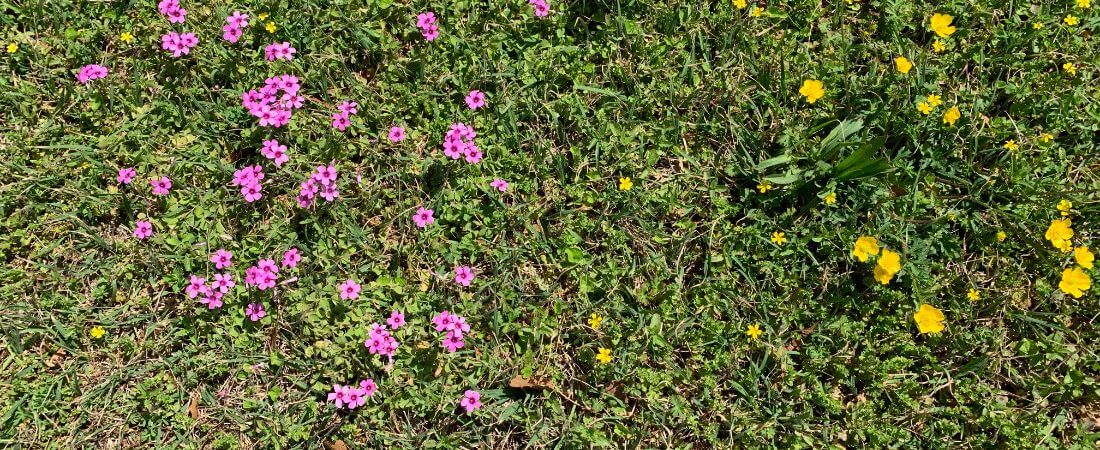
Spring brings our lawns and gardens alive from the winter. Spring is also an excellent time to submit your soil samples to the N.C. Department of Agriculture and Consumer Services soil testing lab for lime and fertilizer recommendations.
“Soil testing helps protect the environment by determining and advising users on what nutrients are needed to ensure optimal plant growth,” said Jagathi Kamalakanthan, NCDA&CS soil agronomist. “Plus, it can save people money especially since fertilizer costs have increased dramatically this year.”
Homeowners, community gardeners, pasture and golf course managers are encouraged to use these services especially during the off-season time between April 1 and Oct. 31 when soil testing is free and turnaround times for test results range from 7 to 10 days.
The Agronomic Services Division offers a variety of tests. The soil lab offers routine/predictive tests to analyze soil samples for soil pH and fertility levels.
When starting a new lawn or garden, it is always a good idea to submit soil samples. “Based on the test results, you can plan either to amend the soil and grow the plants of your choice or select plants to suit the soil pH and fertility levels of your lawn and garden,” Kamalakanthan said.
Often homeowners buy a large quantity of topsoil or amendments with the start of a new garden season. Kamalakanthan recommends getting them analyzed by the soil lab, too. Samples should be submitted to specific labs based on the actual material. Topsoil purchased in bags or in bulk, should be submitted to the soil lab. Compost, manure, soil-less media or materials with less than 50% natural soil are best analyzed by the lab handling Plant/Waste/Solution/Media.
Irrigation water or nutrient solutions can also be tested by this lab. By knowing the fertility and pH levels of materials/amendments ahead of time, you can make better decisions about how to use these materials for optimal plant growth.
Once the growing season is underway, identifying the cause of plant growth problems can be a challenge. The Agronomic Division’s diagnostic services related to soil fertility and plant nutrition can assist in finding out the cause of poor growth. The division’s nematode assay lab can also determine if microscopic plant parasitic nematodes are affecting plant growth.
More information can be found regarding the department’s agronomic services by visiting https://www.ncagr.gov/agronomi or by calling 919-664-1600 with questions.
By NCDA&CS Public Affairs Division, Andrea Ashby, Director

